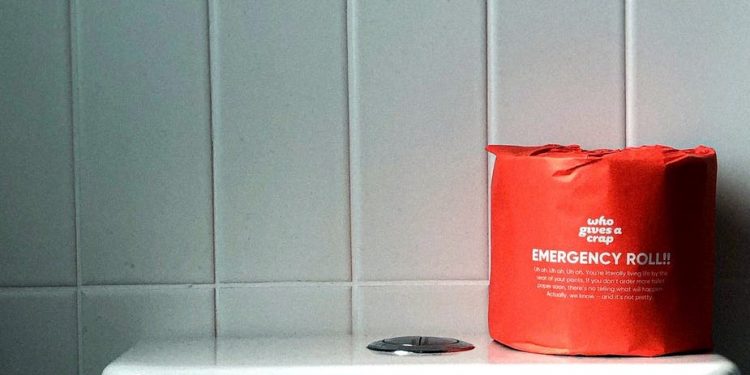I know I don’t have the most exceptional immune system. The many times I’ve caught the flu from someone five feet across the room, and the one time I caught an infection from sharing a pizza is enough reason for me to wear a hazmat suit as the very infectious Coronavirus rages on.
It is common knowledge that the Coronavirus, named COVID-19, goes for the respiratory organs and can enter the body when you breathe it in through the mouth or nose. Apparently, it also may enter through the eyes.
Armed with this knowledge, and the numerous disinfectant wipes and hand sanitisers provided at work, and in shops (imagine being in Shoprite and sanitising your hand in every shop you enter), my challenge became ensuring that I jumped and passed this virus completely. Like they say, ‘prevention is better than cure.’
The methods for avoiding the virus may seem extreme at first, though. In fact, some took it light-heartedly at first, but when you look up the stats and begin to monitor your movements, it doesn’t even seem enough. Consider not touching your face, for instance.
Did you know that:
- On average, most people touch their faces 23 times per hour.
- Of all face touches, 44% involved contact with a mucous membrane, whereas 56% of contacts involved non-mucosal areas.
- Of mucous membrane touches observed, 36% involved the mouth, 31% involved the nose, 27% involved the eyes, and 6% were a combination of these regions.
This is just one of the hurdles we have to face o. So, I began a list of things to ensure that stories do not touch during these times.
- First was sanitizing my desk—that was easier. I simply had to wipe down laptop keypads, mouse, drawer knobs, mouse, screen, anywhere my hands could reach out to in the course of working and do that every few hours.
- Next came eating: Does everyone buy their own cutlery set now? What if soap and water missed a spot?
- And then: how long does the virus last on surfaces? Once information began to circulate about the virus being active on some types of surfaces for up to three days, I started to consider submitting myself to be hosed down after each day’s activities.
Note that rumours that the African sun was bad for Covid-19 was still prevalent and cases on the continent were still baffling journalists. However, as I watched as cases of infections and deaths increased globally, with more commands to wash your hands every opportunity you get, I found myself reflecting on a dilemma I recently experienced while using the bathroom:
The thing is:
- Even if you wash your hands, the towels which have been sitting there could have droplets of the virus, so you should opt to air dry, but not before turning off the tap. You remember the tap may have the virus on it, so you rewash your hands and use your elbow to close it shut.
- Everyone knows the doorknob can still carry germs, so you use the tissue, oh wait. Now you have to wash your hands and try again, but you didn’t think about the key you opened the door with, did you?
- You have to rewash your hands, and if you came prepared with a sanitiser, you sanitise all the locks and keys. You also have to wipe the body of the sanitiser because you may have transferred something from the locks.
Now you’re staring at your hands wondering if you’ve missed a step, but you’ve done it. Until you have to drag a chair, open a car door or answer the age-old question: Savings or Current?



A difficult task: keeping away the germs and the virus. But, we have to try. Remember the words of your ancestors: anwaghi anwa bu ujo.
I agree with you, Sir John. After the rain comes the sun, and acknowledging the reality while focusing on positive outcomes will have a better impact on the world.
What a difficult task: keeping away the germs and the virus. But, we have to keep trying. After all, your ancestors would say: anwaghi anwa bu ujo.